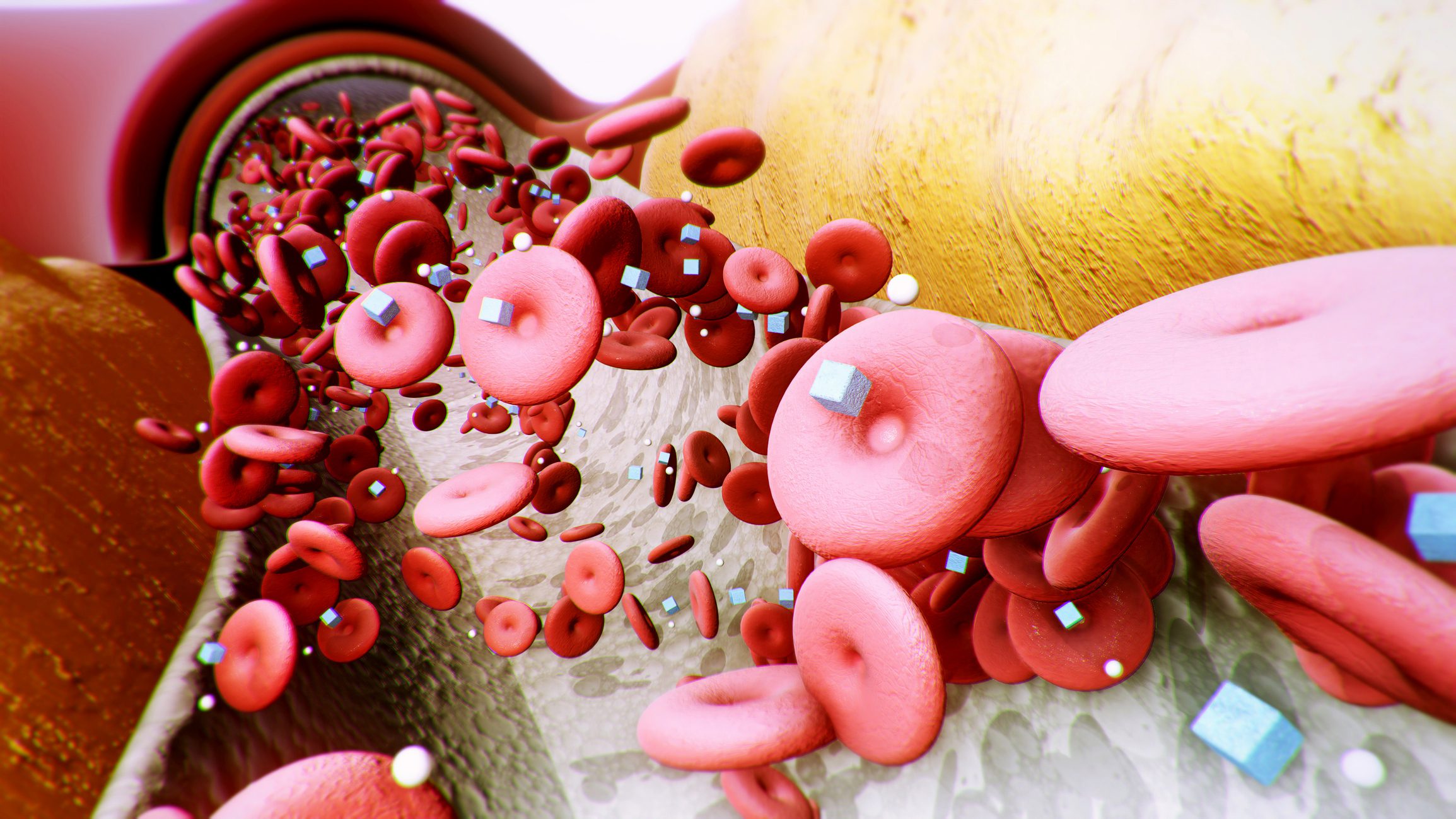A study conducted by researchers from the Center for Health Incentives and Behavioral Economics at UPenn (USA) showed that gamification and financial incentives contributed to an increase in physical activity in patients who had atherosclerotic cardiovascular disease or who had an increased 10-year risk of a major cardiovascular event.
Autoren
- Mirjam Peter, M.Sc.
Publikation
- HAUSARZT PRAXIS
- CARDIOVASC
Related Topics
You May Also Like
- Risk of osteoporosis in autoimmune liver diseases
Always determine bone density in PBC, PSC and AIH
- Case report: Complication after type 2 diabetes
Topical corticosteroids lead to ketoacidosis
- NSCLC
Bispecific antibodies for rare EGFR mutations
- Type 2 diabetes - glycemic control and prevention of secondary diseases
Utilizing pleiotropic cardio- and nephroprotective effects of SGLT-2-i and GLP-1-RA
- Subsyndromal anxiety disorders: Family doctor as first point of contact
Practical recommendations for diagnostics and therapy
- Patient-centered rounds in medicine
Aligning care with the patient
- Restless legs syndrome in children
Relationship between restless legs syndrome and growing pains
- Between hope and evidence gaps











